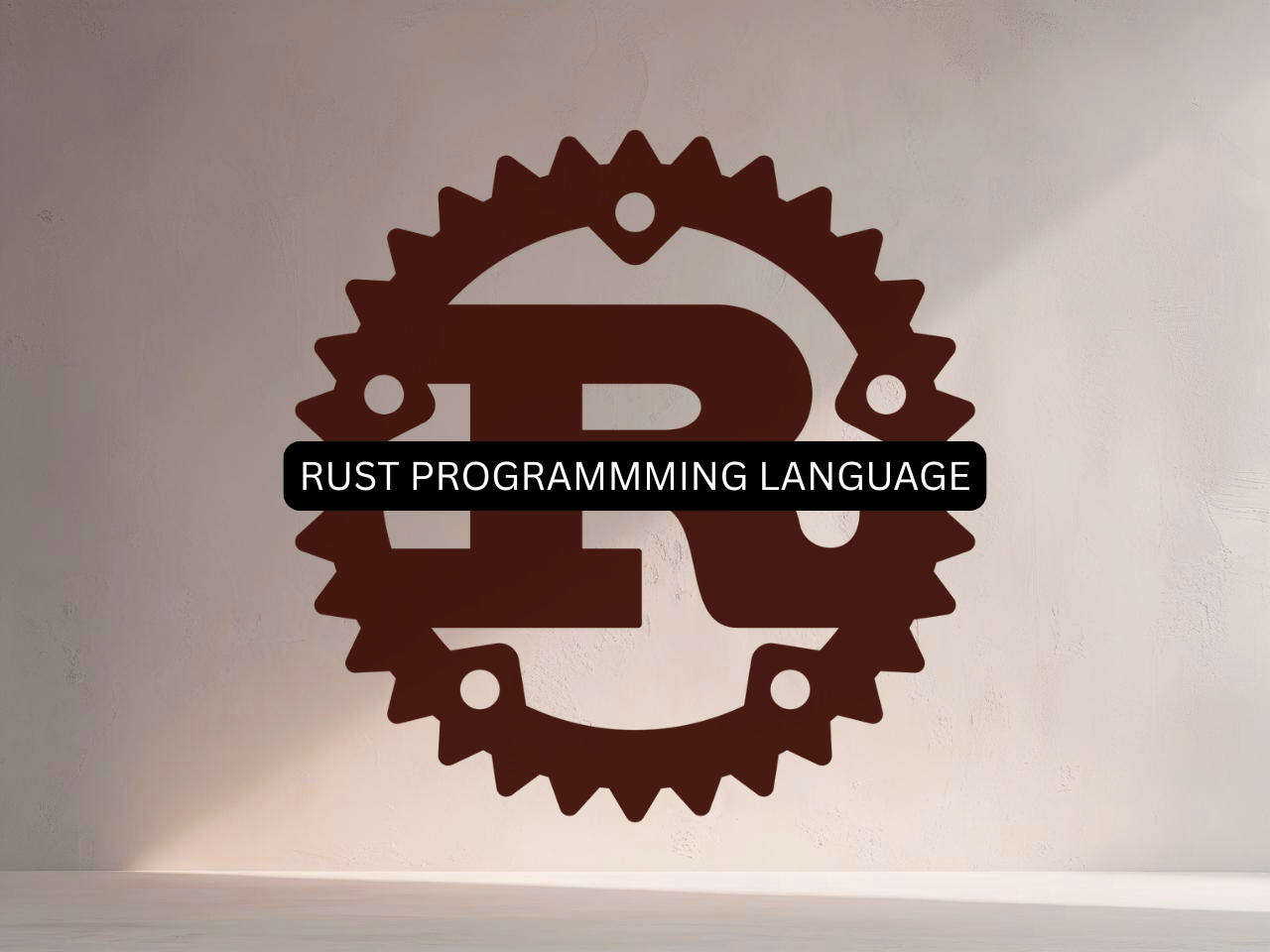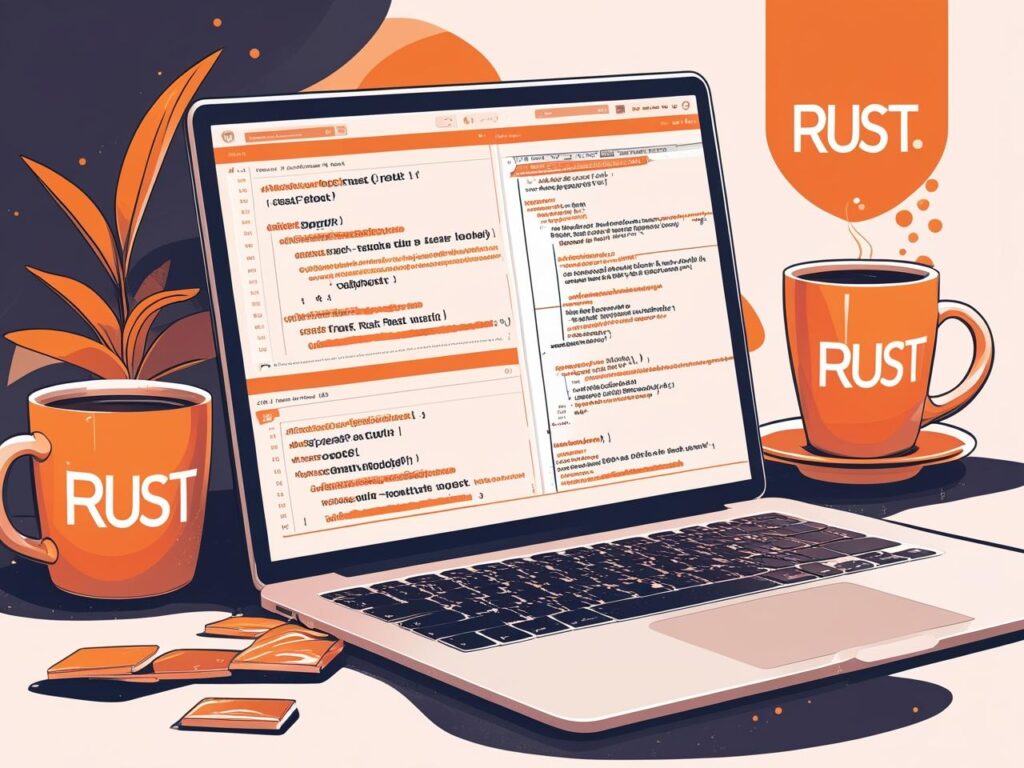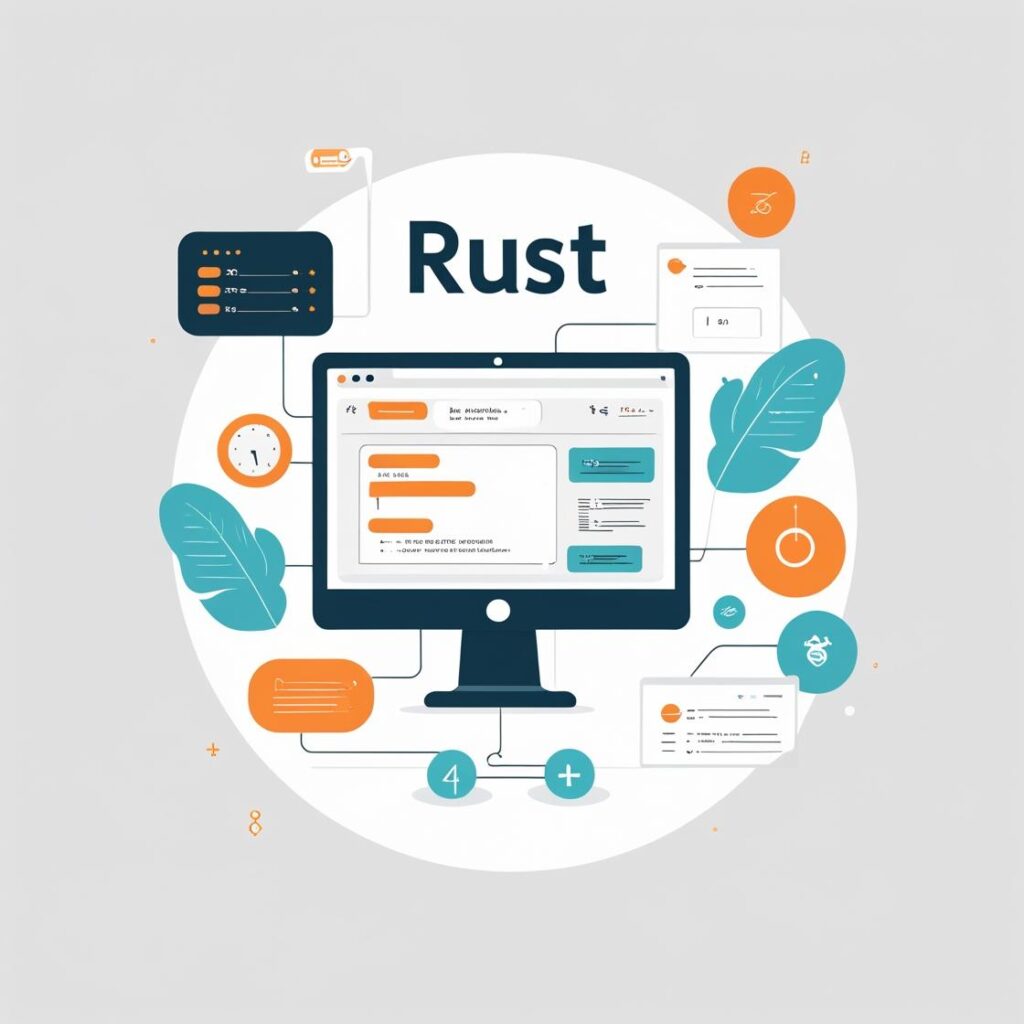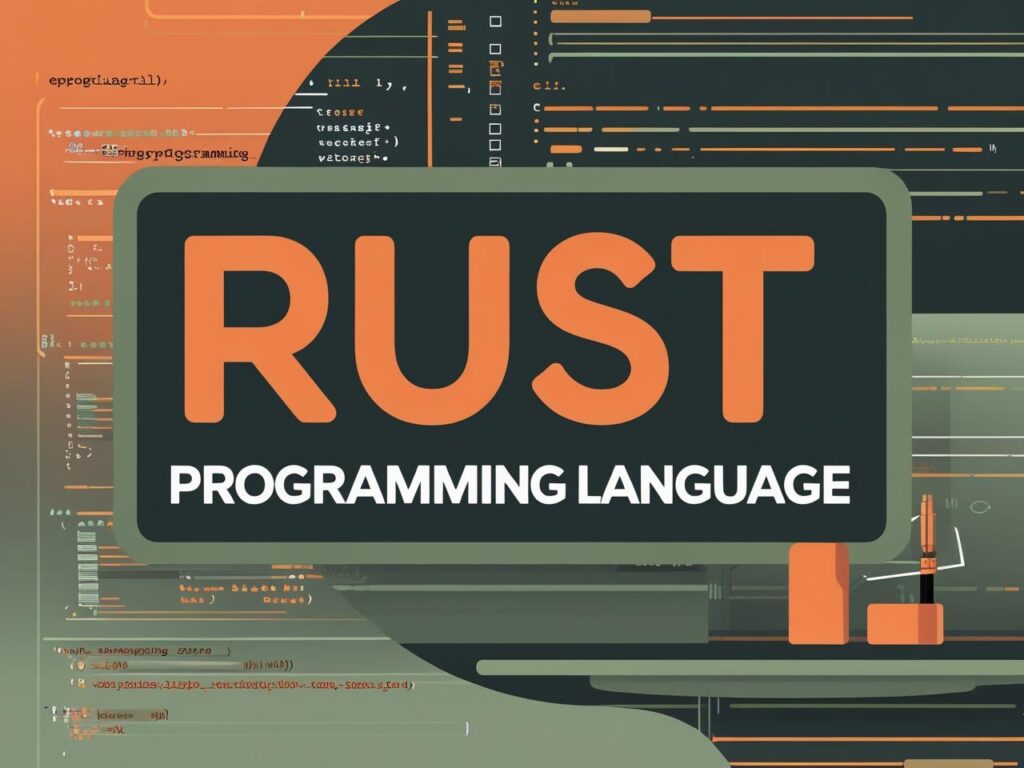
What is Rust Programming Language- its History, Impact & Future
-
by Kuldeep Chouhan
- 38
The Rise of Rust: How a Mozilla Maverick Built the World’s Most Loved Programming Language
In the mid-2000s, browsers like Firefox were besieged by dangerous memory bugs—null pointers, dangling references, and security holes lurking in C++ code. These weren’t mere inconveniences; they were system-crashing, exploit-enabling flaws threatening the web’s foundation. Enter Graydon Hoare, a Mozilla engineer who dared to ask: What if we could have C++’s power without its perils?

Free Virtual Job Simulation/Internship from 3 Top Companies
The Secret Experiment (2006-2009)
Hoare’s after-hours project began in 2006—a compiled systems language marrying speed with bulletproof safety. Codenamed “Rust,” it revived 1970s computer science concepts with radical new twists:
- No null pointers or dangling references
- A
purekeyword for side-effect-free functions - Type-state analysis for variable initialization checks
- Built-in concurrency safeguards
Hoare single-handedly wrote Rust’s first compiler in 38,000 lines of OCaml. By 2009, his prototype caught Mozilla’s attention. With JavaScript creator Brendan Eich championing it, Rust became Mozilla’s secret weapon against memory bugs.
Mozilla’s “Nerd Cave” & The Ownership Revolution (2010-2012)
Backed by Mozilla, Rust’s team rewrote the compiler in Rust itself by 2010—a critical self-hosting milestone. They pioneered ownership semantics:
- Every value has one owner
- Borrowing rules enforced at compile time
- No garbage collector needed

The Best Learning Tool in History – 400 years ahead of its time
Features like opt keywords and type states were scrapped to focus on core safety goals. The tradeoffs sparked fierce debates, but the team held firm. When Rust 0.1 launched in January 2012, its rough edges couldn’t hide its revolutionary potential.
The Brutal Road to RUST 1.0 (2012-2015)
Rust’s quest for stability became a masterclass in principled compromise:
- Green threads and GC were removed
async/awaitdeferred for later versions- RFC process formalized community input
Through nightly builds that broke constantly and Servo browser stress tests, Rust emerged leaner and meaner. On May 15, 2015—nearly a decade after Hoare’s first commit—Rust 1.0 shipped with a sacred promise: No breaking changes.
The Ecosystem Explosion (2016-Present)
Post-1.0, Rust became a movement:
- Tooling excellence: Cargo (package manager), Rustfmt, Clippy
- Async dominance: Tokio runtime enabled web-scale concurrency
- WebAssembly supremacy: 50% smaller binaries than JS
- Linux kernel adoption in 2022
- 7 straight years as “most loved language” (Stack Overflow)
Rust in the Wild: Proof at Scale
- Firefox’s MP4 parser: 1B+ executions with zero crashes
- Dropbox storage infrastructure: Powers 300M+ users
- Cloudflare/AWS: Network services with 99.999% uptime
- US Government: Endorsed for memory-safe infrastructure

Difference between C ,C++, Python & Java
The Uncompromising Legacy
Rust proved safety and performance aren’t tradeoffs—they’re prerequisites. From Hoare’s skunkworks project to Linux kernel inclusion, its journey reflects a community obsessed with correctness without compromise. As memory vulnerabilities cost the global economy $2.5 trillion annually by 2023, Rust stands as a beacon: The future runs on safe foundations.
10 Fastest Growing Open Source Projects You should know
Top Python Projects 2024: Latest Innovations
The Rise of Rust: How a Mozilla Maverick Built the World’s Most Loved Programming Language In the mid-2000s, browsers like Firefox were besieged by dangerous memory bugs—null pointers, dangling references, and security holes lurking in C++ code. These weren’t mere inconveniences; they were system-crashing, exploit-enabling flaws threatening the web’s foundation. Enter Graydon Hoare, a Mozilla…
The Rise of Rust: How a Mozilla Maverick Built the World’s Most Loved Programming Language In the mid-2000s, browsers like Firefox were besieged by dangerous memory bugs—null pointers, dangling references, and security holes lurking in C++ code. These weren’t mere inconveniences; they were system-crashing, exploit-enabling flaws threatening the web’s foundation. Enter Graydon Hoare, a Mozilla…
2 thoughts on “What is Rust Programming Language- its History, Impact & Future”